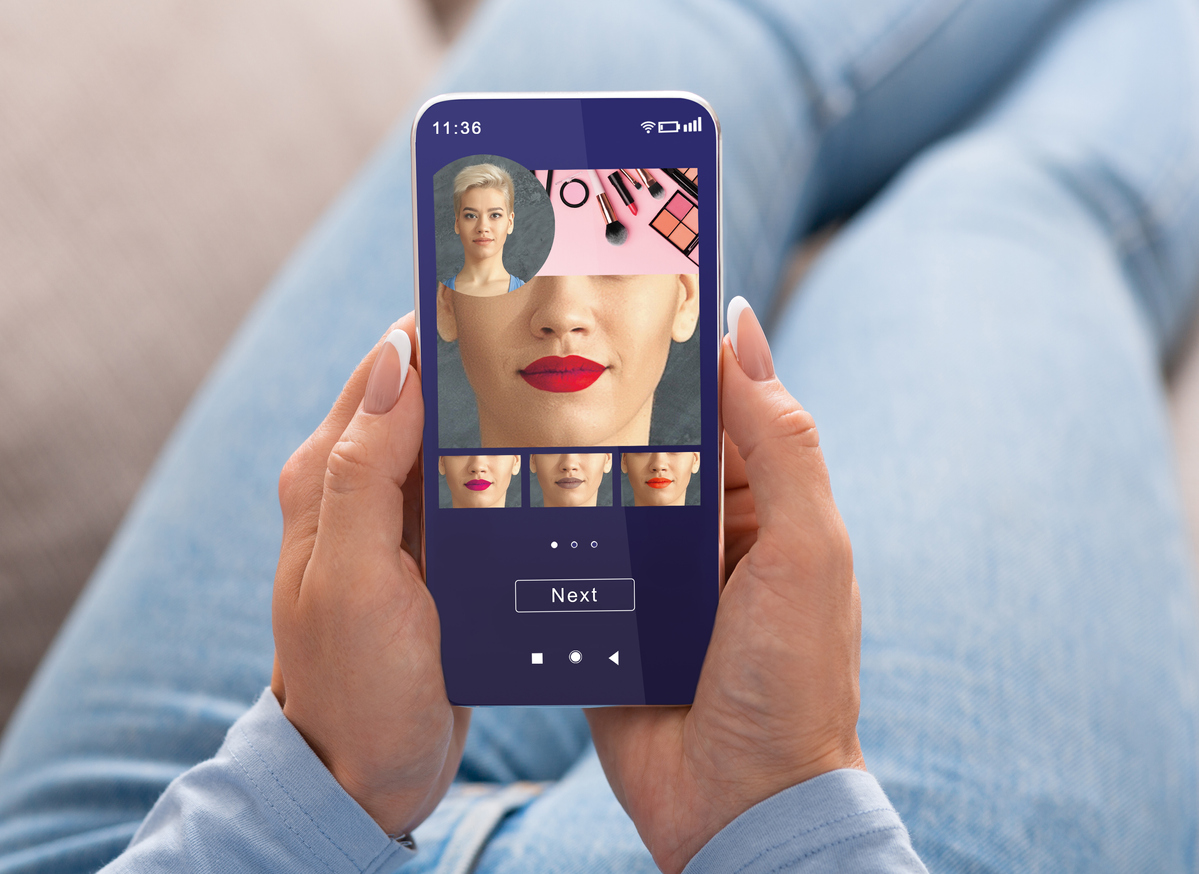
Face filters, in-app features that allow you to alter your appearance, present themselves as innocuous fun. Look! I have puppy eyes! But like just about everything app-related (and like most topics we cover here) there’s a downside. Two, really: They can be creepy—especially “age filters”—and they’re awful when it comes to users’ privacy, providing permanent “faceprints” to the companies that own them.
Let’s focus on those age filters. These are filters that allow you to see what you might look like when older or to generate a younger version of yourself. We all know people who resist the idea of growing old gracefully and would welcome the chance to live out a fantasy where they appear to have magically become youthful in appearance once again, albeit only on social media.
When a TikTok influencer shared videos of herself after using an age filter, and it provoked a strong reaction. More than 357 million people have viewed the hashtag “#teenagefilter” to a video of her digital glamour filter efforts, as reported by Good Morning America.
There are two main problems to consider with face filters. First, there’s the general creep factor, which is particularly disturbing when grownups use these filters to fool others into thinking they look like fellow teenagers. Kids already face enough risk from online predators trying to make contact with them through text messages and fake photos. Now, young people have be aware that creepy strangers could be trying to get close to them using simulated videos of people who seem to be in their peer group.
A second problem concerns threats to our privacy. By using these filters, individuals are giving away their facial data, which feeds into Big Tech’s facial recognition databases. Children, in particular, are not in a position to give informed consent to their facial recognition data going into distant computer servers controlled by large corporations bent on targeting them with ads through relentless tracking. Parents grew alarmed after reading a report in Time about how TikTok updated its privacy policy to allow it to gather biometric data, including “faceprints.”
What to do? Before you use these filters, think about the trade-offs. Is the “fun” of seeing yourself as a teenager (or a kitten or pirate, for that matter) worth the data—the faceprint—you’re giving away in return? Your kids faces are constantly changing as they grow. Feeding their evolving faceprints to Big Tech probably isn’t in their interest.







